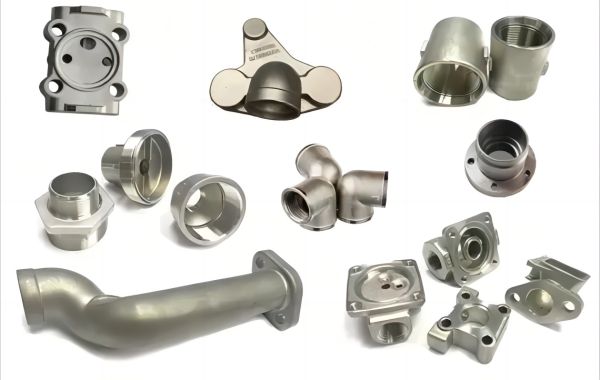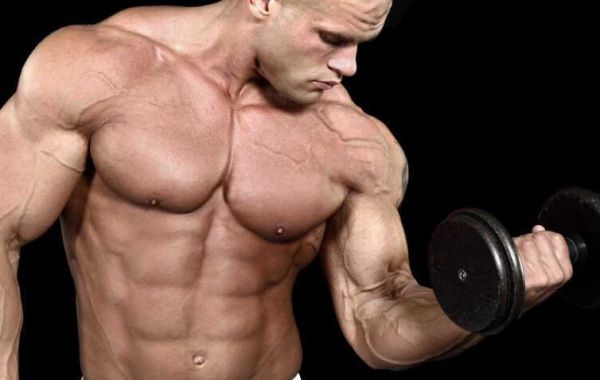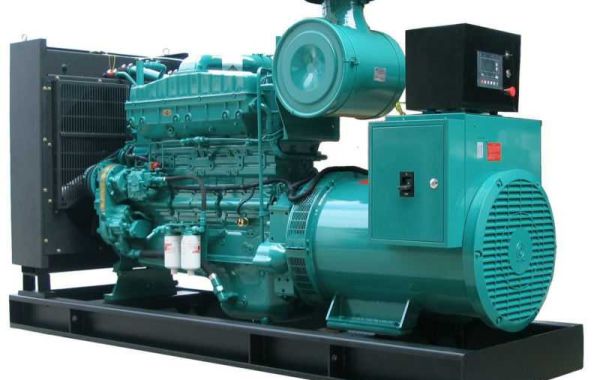Whether small or large, all pumps are primarily used to move a fluid (water, gas, etc.) from an inlet to an outlet by increasing pressure.
The pump casing is cast enclosed in the internal parts of the pump. This component is important because it protects the pump interior from the atmosphere to prevent leaks and maintain pressure. There are many types of pump housing.
In the case of a centrifugal pump, a cast housing surrounds a rotor that transfers energy to the fluid being processed via an impeller mounted on a rotating shaft.
For positive displacement pumps, the housing surrounds a rotating or reciprocating displacement element.
Especially for submersible pumps, the shell part must be strong enough.
What is needed for a pump casting housing?
The pump casing is a very important part of the pump. Proper cast housings contribute to pump performance and durability. Therefore, everything from materials to manufacturing processes should be carefully selected.
Pump casings require some core requirements.
First and foremost, the pump room must be corrosion-resistant. Since the pump primarily deals with fluid transfer, the cast material of the pump casing must be resistant to corrosion.
Second, the pump body section also needs to be strong enough to withstand the pressures and stresses exerted by the pump during operation.
Third, the diameter of the pump casing also needs to be large enough to allow sufficient clearance to enclose the internal machine rotor components during installation and efficient operation.
Why are cast iron pump casings more popular in applications?
Among pump casing materials, manufacturers usually trust cast iron to produce casing components because it meets these requirements mentioned above.
Cast iron has physical and medical properties suitable for the manufacture of pump casings.
Corrosion Resistance: A gradual increase in temperature makes the liquid more corrosive. The cast iron material retains its properties as a corrosion resistant cast metal. This property enables the pump to work more efficiently and to persist timeouts. Cast iron pump casings are especially suitable for high temperature applications.
Strength: As mentioned above, the pump casing is required to be strong enough to withstand the pressure. The cast iron pump casing has shown considerable strength and the ability to withstand pressure.
Castability: cast iron material has good castability. It is capable of casting almost any shape and design with a good surface finish. This property allows casting of different pump casing applications.
Durability: The cast iron material is durable, so the cast iron pump casing is also durable. They require replacement and maintenance less frequently than other materials.








